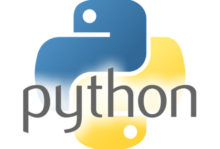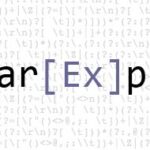Example 1 of how to simplify a code :
vars = [1,2,3]
result = [num * 2]
for var in vars:
result.append(num * 2)
It can be simplify by :
result = [num * 2 for var in vars]
Example 2 of how to simplify a code :
vars= ["patrick","bob","erick","sonia","bruce","laurent",]
result = []
for each_element in vars:
if vars.startwith("s"):
result.append(each_element)
print(result)
It can be simplify by :
result = [vars for each_element in vars if vars.startwith("s")]
Example 3 of how to simplify a code :
def func1():
name = "patrick"
if name == "patrick":
return name
It can be simplify by :
return name, name == "patrick"
Example 4 of how to simplify a code :
def func1(x):
return x * 2
list1 = [1, 2, 3, 4]
for each_element in list1:
result = func1(each_element)
print(result)
It can be simplify by :
result2 = [func1(each_element) for each_element in list1] print(result2) or even : result3 = map(list[func1, list1)) or you could make a lambda instead of that function : result3 = map(list(lambda x:x * 2, list1)) Example 5 of how to simplify a code :
users = {"bob": "password","mary": "botcat", "rich": "marchs", "sunny": "wheel"}
for item in users.items():
print(item)
It can be simplify by :
username_mapping = {value[0]: value for value in users}
print(username_mapping)



